Sri Lanka crisis: Gotabaya Rajapaksa appoints veteran politician as PM
Sri Lankan President Gotabaya Rajapaksa has appointed a new prime minister as he tries to defuse protests over his handling of a severe economic crisis.
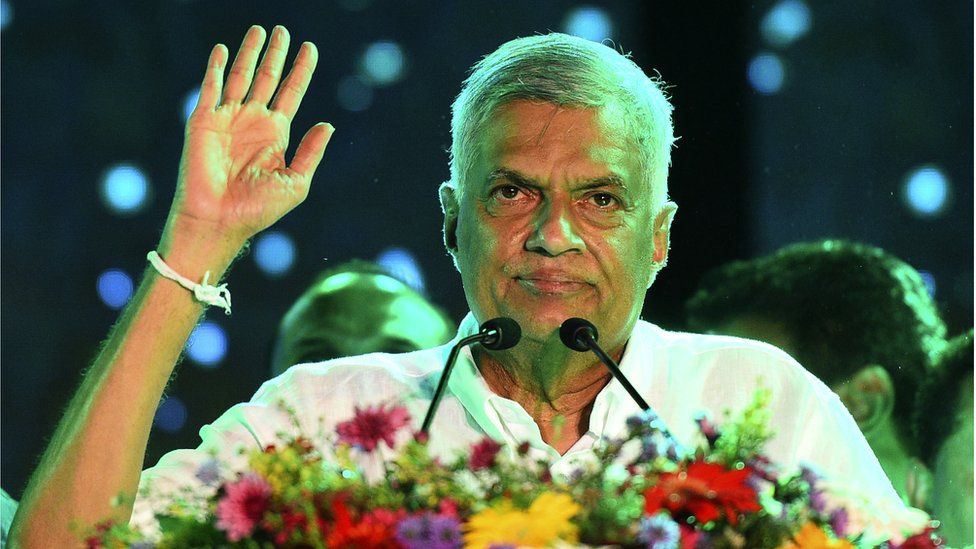
MAY 13: Senior opposition MP Ranil Wickremesinghe was sworn in to lead a proposed cross-party government.
The move came after the president ignored calls to resign, and vowed to restore order in a national address.
Nine people have been killed and 200 injured in unrest since his brother resigned as prime minister on Monday.
During his nationwide address, Mr Rajapaksa said he would appoint a new prime minister who commanded the majority of support in parliament, as well as a new cabinet.
Mr Wickremesinghe has been on Sri Lanka's political scene for decades - this will be his sixth stint as prime minister, although he's never seen out a full term.
He is seen as being close to the Rajapaksas, and experts believe he has been chosen because he would be likely to guarantee their security and any safe passage they might request.
But he does not currently command much support within the opposition or among the public.
Sri Lanka's economy is in freefall and people are desperate as basic items like food and fuel run out or become unaffordable.
How is the appointment being viewed?
News that Ranil Wickremesinghe is the new prime minister has been largely met with dismay and disbelief in Sri Lanka.
Mr Wickremesinghe, once a skilled tactician, has seen his public appeal steadily plummet over the years. In the last election, his once ruling United National Party managed to scrape together just one parliamentary seat, leaving him its sole representative in parliament.
One major reason for that has been his perceived closeness to the Rajapaksa family despite being in the opposition. Many people believe he helped shield them when they lost power in 2015 - his appointment now is seen as a way for the president to defy protesters' demands that he quit.
It is being seen as yet another arrogant response to weeks of protests.
With inputs from BBC
In a speech on Wednesday, President Rajapaksa offered to cede some of the presidency's power to parliament, but set no timetable.
Those calling for him to resign were unimpressed and many said the speech failed to address the real issues.
"Where were you for the last 30 days? People don't have medicine, people don't have food, the entire country's at a standstill," Kavindya Thennakoon, a protester in Colombo, told the BBC.
"The reforms he's suggesting are not what we need. What we need right now is for [the president] to resign from office... It baffles my mind that Gotabaya Rajapaksa doesn't understand that."
Shoot on sight orders
Peaceful protests against the government turned violent on Monday, after supporters of Mahinda Rajapaksa attacked anti-government demonstrators and destroyed two protest sites where thousands had gathered.
Though the older Rajapaksa brother quit as PM shortly after, angry mobs have since been targeting property belonging to the family and other politicians supporting them.
Violence was reported on both Monday and Tuesday nights. Shops near Colombo were torched, as well as a resort owned by one of Mahinda Rajapaksa's sons.
The former PM, who twice served as president, remains holed up in a naval base in the north-east of the country for his own safety, the military has confirmed.
A court has banned him, his son, and 15 of his allies from leaving the country.
Security forces have been deployed across Sri Lanka with orders to shoot looters on sight. People have also been subject to daily curfews.
Why are people angry?
The country's dire financial situation has caused the Sri Lankan rupee to plunge, provoking severe shortages of basic items such as food, fuel and medical supplies.
The government blames the Covid pandemic, which all but killed off Sri Lanka's tourist trade - one of its biggest foreign currency earners.
However, many experts say economic mismanagement is to blame.
While the pandemic hit the vital tourism sector and shrank Sri Lanka's earnings and foreign exchange reserves, there were populist tax cuts in 2019 and a disastrous ban on chemical fertilisers in 2021 that devastated crop yields.
There is a great deal of anger against the Rajapaksa family. Many people believe Mahinda Rajapaksa paved the way for his relatives to plunder the country's wealth for their own financial gain.
Gotabaya Rajapaksa had earlier said he was holding talks with other political parties in an attempt to forming a unity government. But the main opposition said it would not be part of the interim administration unless the president stands down.
Sri Lanka needs to iron out a bailout package with the International Monetary Fund (IMF) as the island's $81bn economy is near bankruptcy.
It has suspended its foreign debt payments, largely because it cannot service loans from China that paid for massive infrastructure projects.


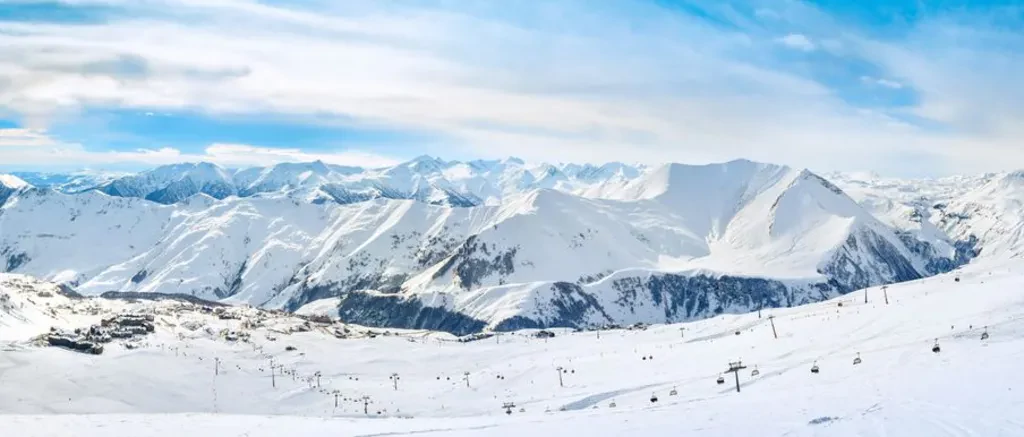
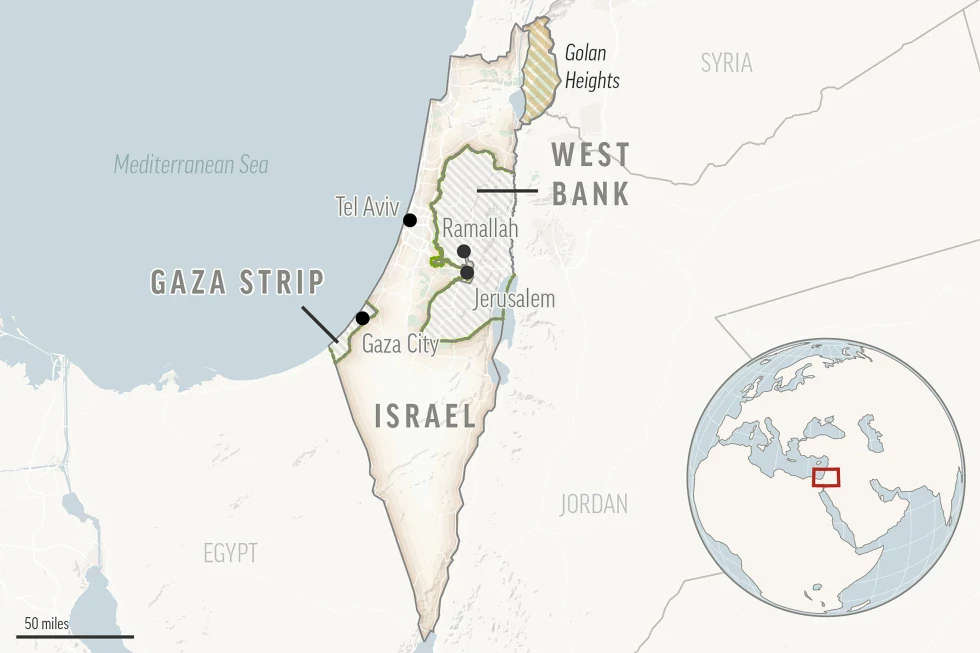
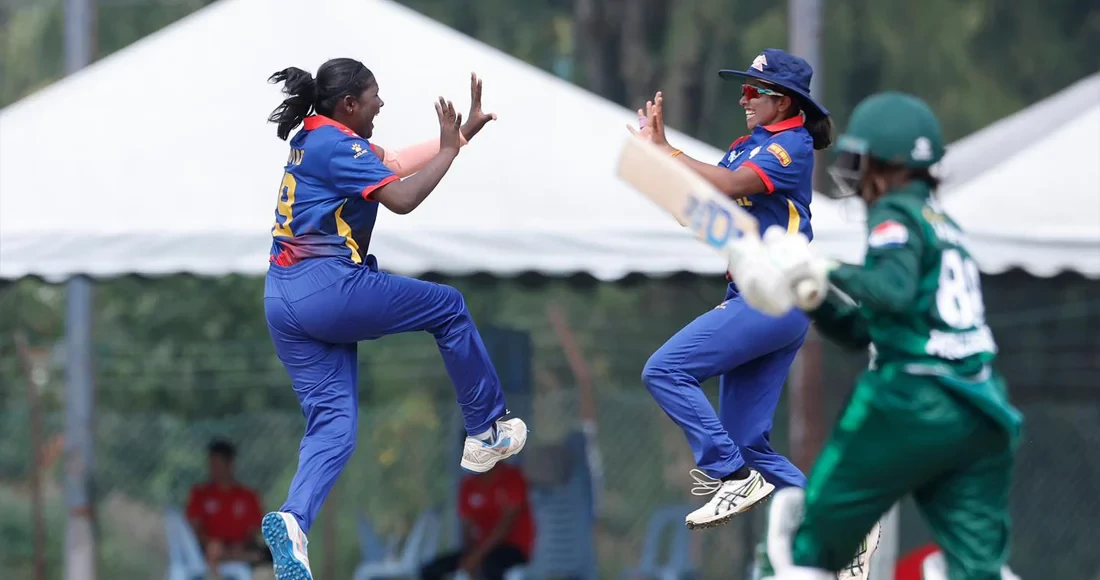
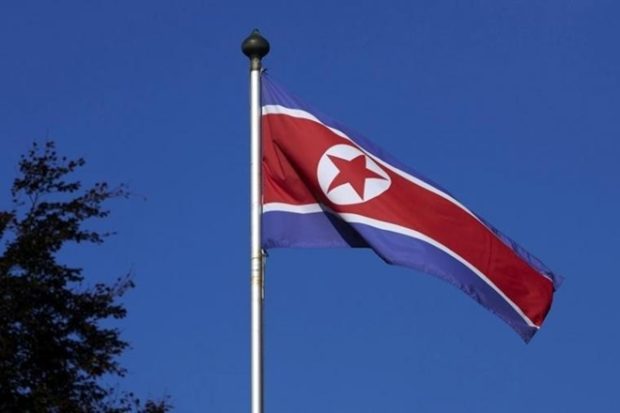
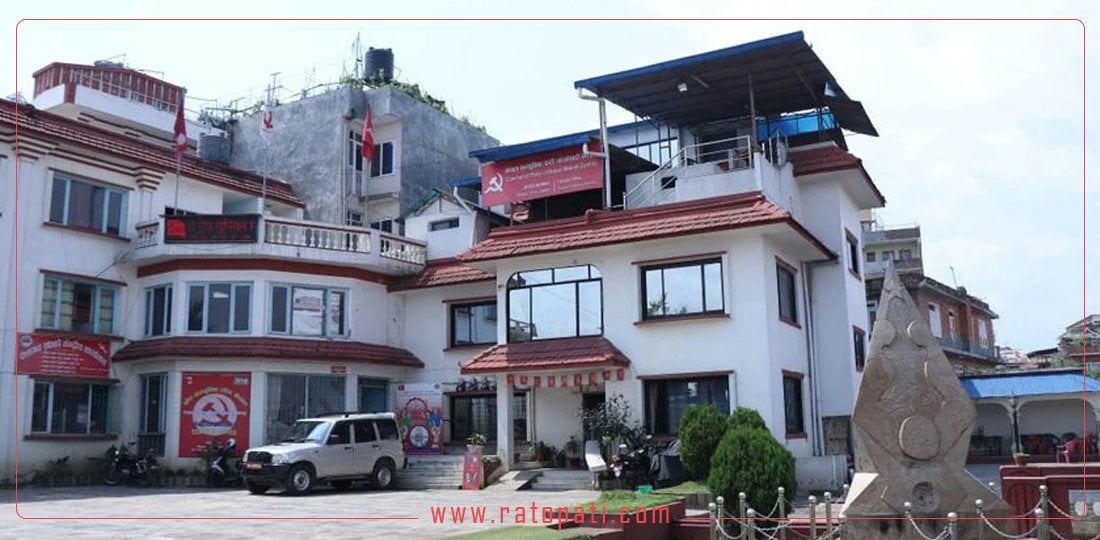
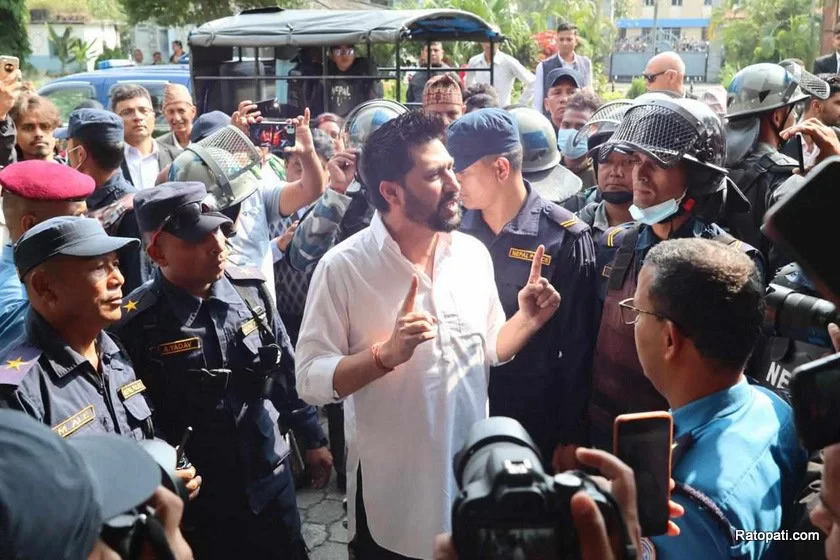
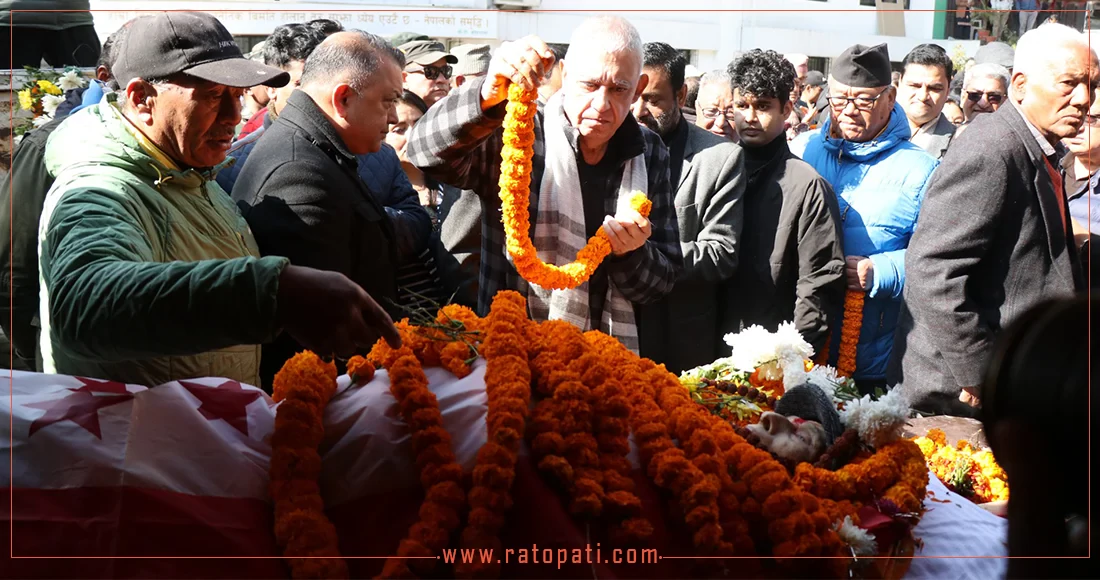
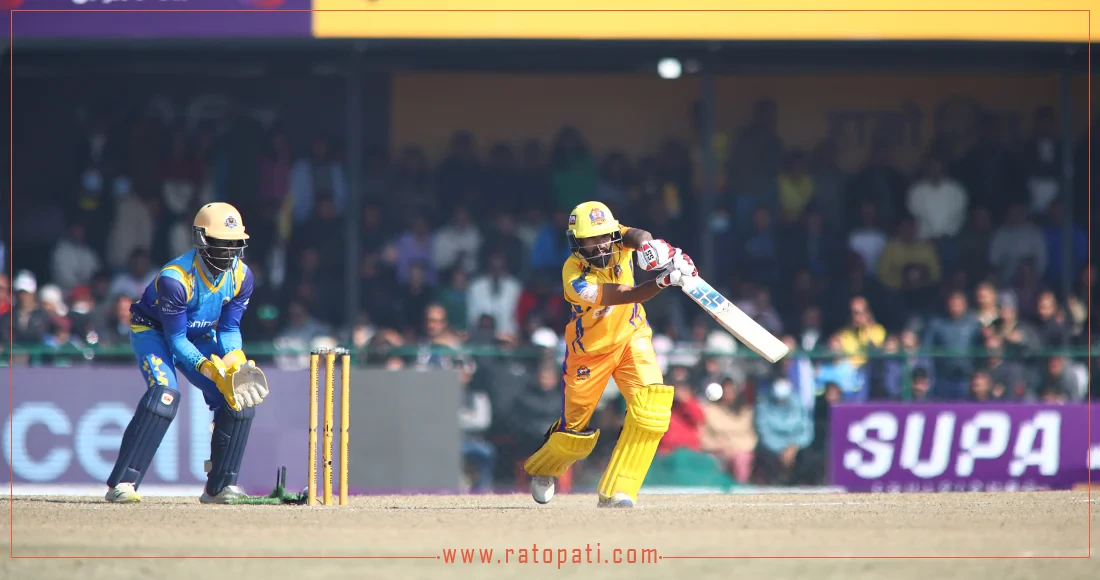
Leave Comment